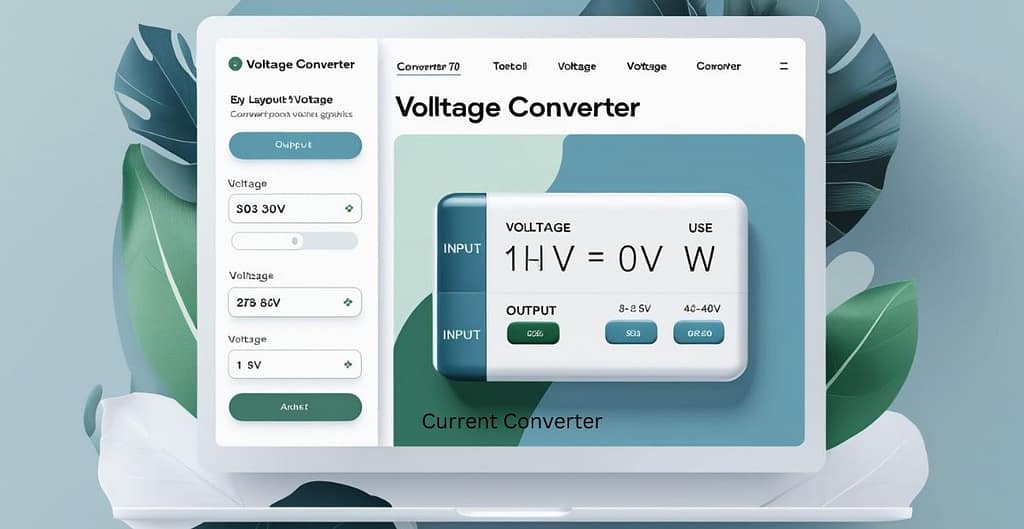Voltage Converter Tool
Quickly and accurately convert between different voltage units including volts, millivolts, and kilovolts. Essential for electrical engineering projects, DIY electronics, and educational purposes.
Voltage Converter
Understanding Voltage Conversion: A Comprehensive Guide
In the world of electrical engineering and electronics, understanding how to convert between different voltage units is fundamental. Whether you’re working on a DIY electronics project, studying electrical theory, or working as a professional electrician, having a reliable voltage converter tool at your disposal can save time and prevent errors.
What is Voltage?
Voltage, also known as electric potential difference, is the force that pushes electric current through a circuit. It’s measured in volts (V), named after the Italian physicist Alessandro Volta. Understanding voltage conversion is essential when working with different electrical systems that may use varying units of measurement.
Common Voltage Units and Their Applications
When working with electrical systems, you’ll encounter several units of voltage measurement:
- Volts (V): The standard SI unit for voltage. Most household electronics operate at voltages between 3V and 240V.
- Millivolts (mV): One thousandth of a volt (1 mV = 0.001 V). Used for measuring small signals in sensitive electronic equipment.
- Kilovolts (kV): One thousand volts (1 kV = 1000 V). Used in high-voltage power transmission systems.
How to Convert Voltage Units Accurately
Converting between different voltage units requires understanding the relationships between them:
- To convert volts to millivolts, multiply the value by 1,000
- To convert millivolts to volts, divide the value by 1,000
- To convert volts to kilovolts, divide the value by 1,000
- To convert kilovolts to volts, multiply the value by 1,000
Our voltage converter tool automates these calculations, ensuring accuracy and saving time on manual computations.
Practical Applications of Voltage Conversion
Understanding voltage conversion is crucial in various real-world scenarios:
- Electrical Engineering: Professionals regularly work with circuits that have components operating at different voltage levels.
- DIY Electronics: Hobbyists need to understand voltage requirements when working with Arduino, Raspberry Pi, and other microcontroller projects.
- Power Systems: Technicians working with power transmission systems must convert between kilovolts and volts regularly.
- Education: Students learning electronics need to master voltage conversion for coursework and laboratory experiments.
Why Use Our Voltage Conversion Tool?
While manual voltage conversion using the formulas above is straightforward, our tool offers several advantages:
- Accuracy: Eliminates calculation errors that can occur with manual conversions
- Efficiency: Provides instant results, saving valuable time
- Convenience: Accessible from any device with an internet connection
- Educational Value: Shows the conversion formula used, helping users learn
Whether you’re a professional electrical engineer or a student just beginning to explore electronics, having a reliable voltage converter is essential. Bookmark this page for quick access to our tool whenever you need to perform accurate voltage conversions.
